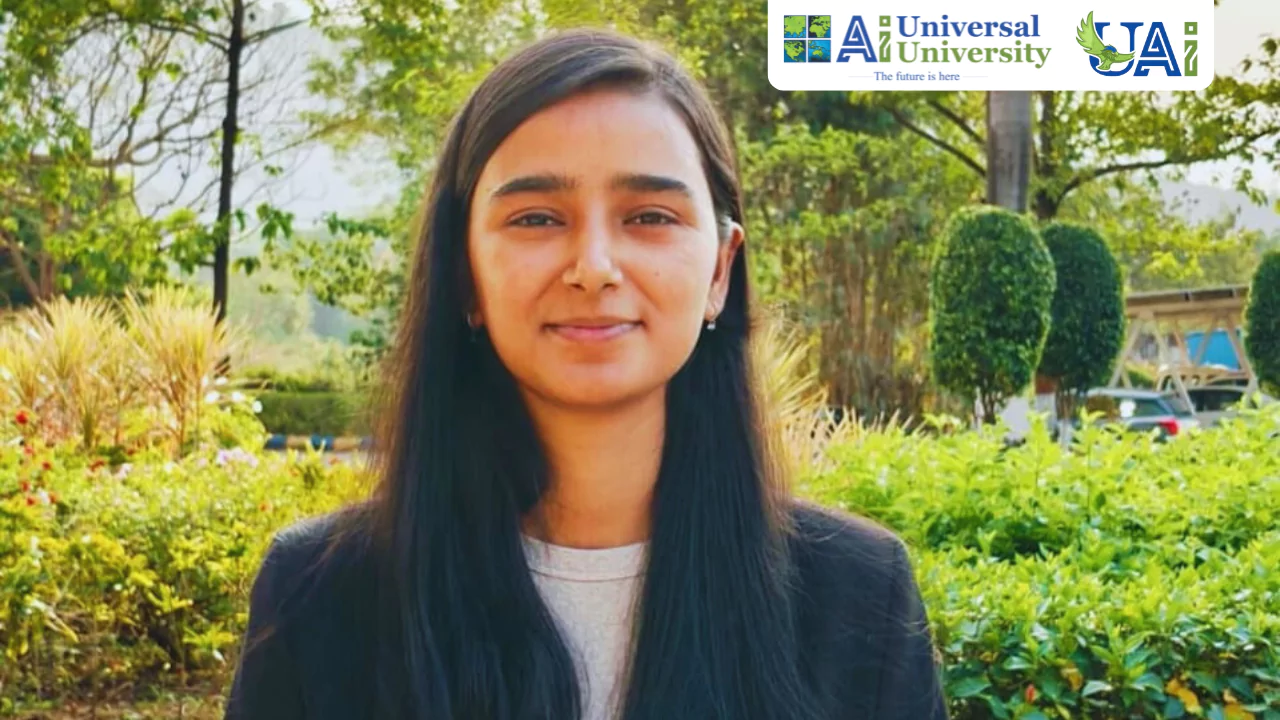
- April 4, 2025
- Student Blog
You ever had a great idea, but no one cared because you didn’t present it well? Maybe you lost a competition, or your professor hit you with the dreaded “It would have been better if you had told a story.” Annoying, right? But here’s the truth—people don’t remember facts; they remember stories.
Think about school. Ever had a teacher who just threw information at you? Boring. But when that one cool teacher turned history into a battlefield drama, suddenly, the French Revolution felt like Game of Thrones—minus the dragons. That’s because our brains don’t just listen to stories; they experience them.
When we hear a good story, our brain releases dopamine—the same chemical that makes us feel good when we win a game, eat chocolate, or get a text from someone we like. It boosts focus, makes us crave more, and helps us remember things better. Then there are mirror neurons, which make us feel what’s happening in a story. That’s why we cringe at an awkward scene in a movie or tear up during an emotional speech—our brain is wired to experience the story as if it were our own. And the sensory cortex? It’s why a well-told story can make us smell fresh coffee, feel the summer heat, or hear the waves, even when none of it is real.
Brands know this too. Ever bought something not because you needed it, but because it felt right? Like Kinder Joy—it’s just a tiny toy and some chocolate, but the ads sell it as a childhood memory in a plastic egg. They’re not marketing candy; they’re selling nostalgia. And it works.
Social media? Same thing. Viral influencers don’t just post—they tell. Take Prajakta Koli—her skits on Indian moms, awkward moments, and everyday life feel like inside jokes we all get. Or Nancy Tyagi, who didn’t just post her fashion journey—she made us feel her struggles, her wins, her glow-up. The ones who make us care are the ones who make us feel.
And it’s not just for creators. Storytelling makes everything better—studying, presenting, even basic conversations. Imagine turning an MBA case study into a drama: your product is the hero, the competition is the villain, and your strategy is the ultimate plot twist. It would actually be fun. Or take presentations—ditch the bullet points, tell a story: Here’s the problem, here’s the struggle, here’s how we won. People will actually listen.
The truth? Everyone has a story. The real game is knowing how to make people care.
Simran Khatoon
Kolkata, West Bengal
MBA 1st Year Student
Universal Ai University




